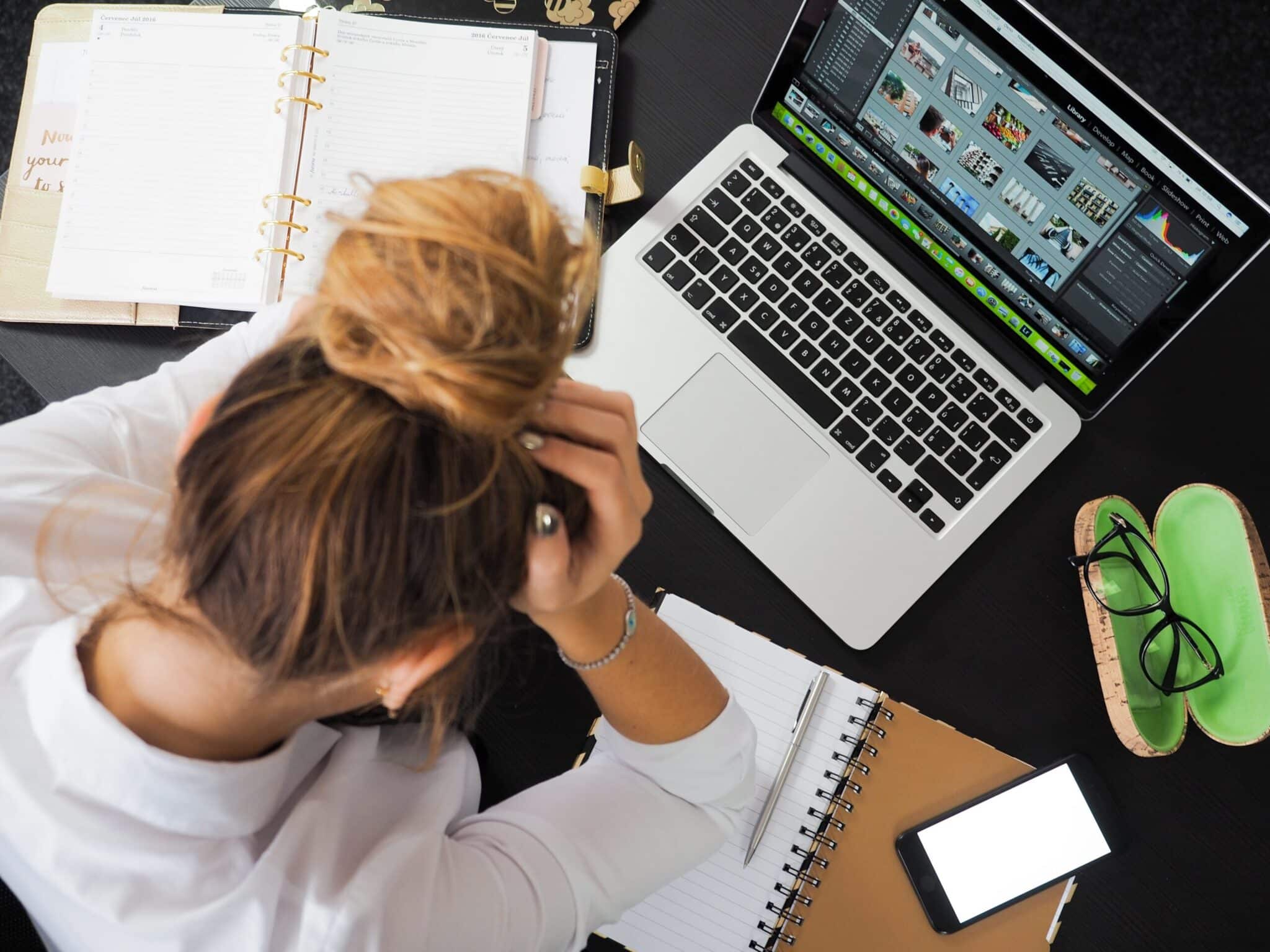HAVE you ever felt that one Sunday night sensation when you realize you are to head on another week, another Monday to school or work? Your heart pounds knowing you have to get out of bed early the next day feeling fidgety and uneasy.
Well, that’s Sunday blues. And it happens every time to everyone. So sit back.
A survey that was conducted by the professional networking service LinkedIn in 2018 found that 80 percent of employees claim they have encountered the Sunday Blues. The Sunday Blues are frequently caused by a spike of hormones that are correlated with the anxiety and horror that are experienced at work.
Based on the findings of the 2022 study carried out by the Office for Health Improvement and Disparities (OHID), those between the ages of 18 and 24 are significantly more likely to have increased anticipatory anxiety as the weekend draws to a close.
“Iba ‘yung feeling kapag Sunday na tapos kailangan mong lumuwas for work, imagine the traffic, long commute, tapos kailangan mo i-take down lahat ng deliverables mo for Monday, nakaka-anxious siya parang wala ka na ring pahinga,” said Jim Gabriel, a former human resource employee, who claimed Sunday scaries “triggered” his burnout, in a phone interview.
Linkedin reported last May how employees can beat Sunday blues. Here are some reminders:
Discern in silence
Giving yourself some silent time makes you more aware of your surroundings – and even your sense of self. Breathing in and out while releasing the tension inside you helps your discernment identify what’s triggering your Sunday blues.
When you finally figure out the cause of your Sunday blues, you will be in a much better spot to tackle the issues that are creating them and eventually get rid of them entirely.
Practice self-care
There are many ways to start self-care and it depends on how you want to treat yourself. LinkedIn said you may train your mind to be more attentive by doing activities like yoga that helps you relax, workouts that release tension, listening to music that helps you focus, and much more.
According to Mental Health America (MHA), the efficacy of your recovery period depends heavily on how well you take care of yourself. Individuals who have recovered discover that the three pillars of their health—physical, spiritual, and emotional—are intertwined and that fostering one nurtures the others. The likelihood that you stay healthy will rise if you take care of every area of yourself.
Practicing self-care as per MHA could mean:
- Avoid addictive substances, eat properly, get enough sleep, and exercise regularly. Manage stress and get health checkups.
- Clean up. Good cleanliness minimizes the risk of sickness and affects how others and you regard yourself.
- See friends to feel appreciated. To make new connections, join a support group.
- Enjoy yourself every day. Dancing, watching television, gardening, painting, or reading are some.
While Sundays are a horror for most workers, it is also a great time for discernment in order to assess your small wins for the past week. Take some time on Sunday to examine your life in general, specifically your professional life, and think about how you can improve. What have you done in the last week that you can look back on with pride? What did you pick up during the previous week that will help you improve as a person? What are the risks you’ve made in order to make it this far?
Cheer up, and don’t forget to honor your hard work.
How useful was this post?
Click on a star to rate it!
Average rating 0 / 5. Vote count: 0
No votes so far! Be the first to rate this post.
We are sorry that this post was not useful for you!
Let us improve this post!
Tell us how we can improve this post?




